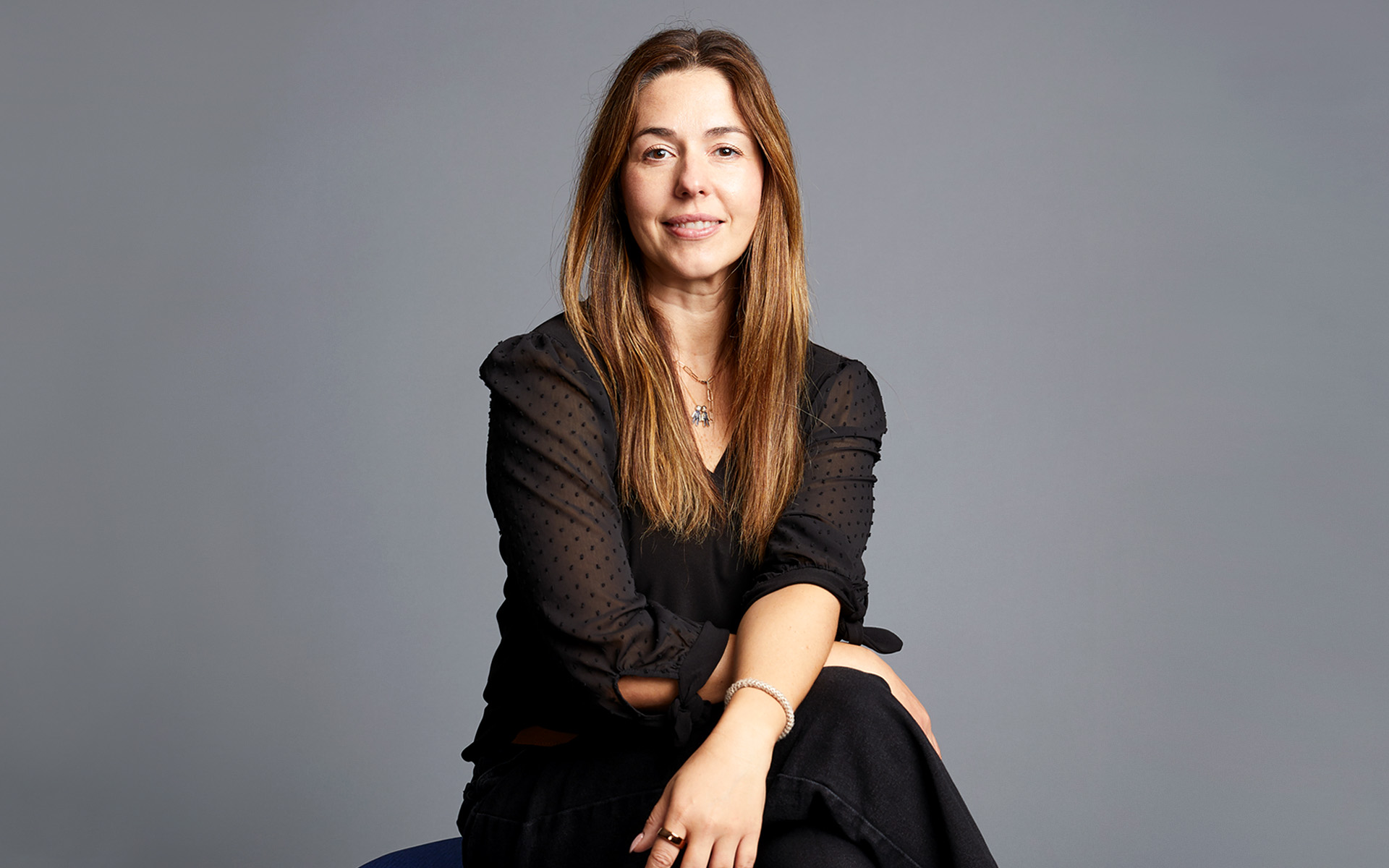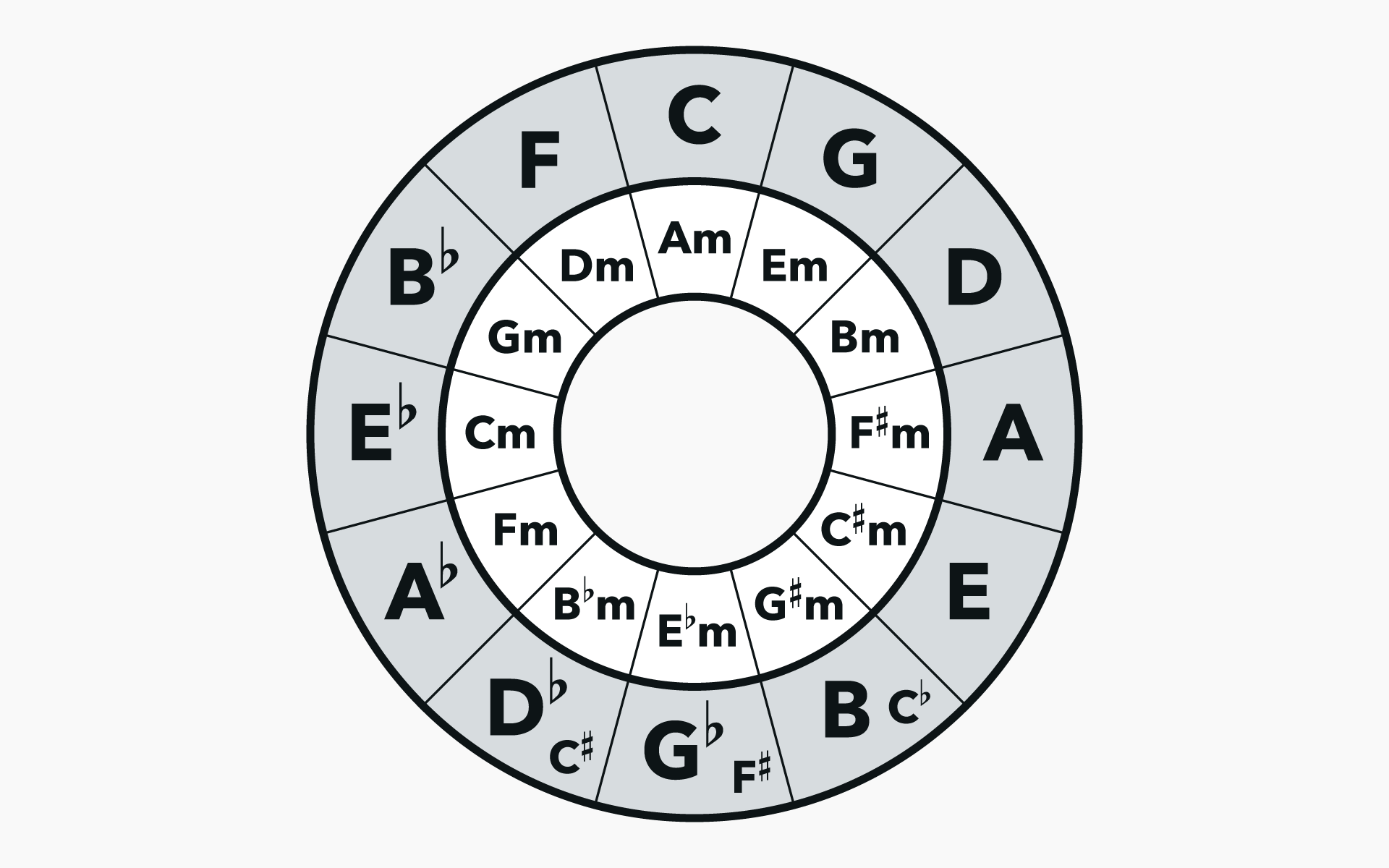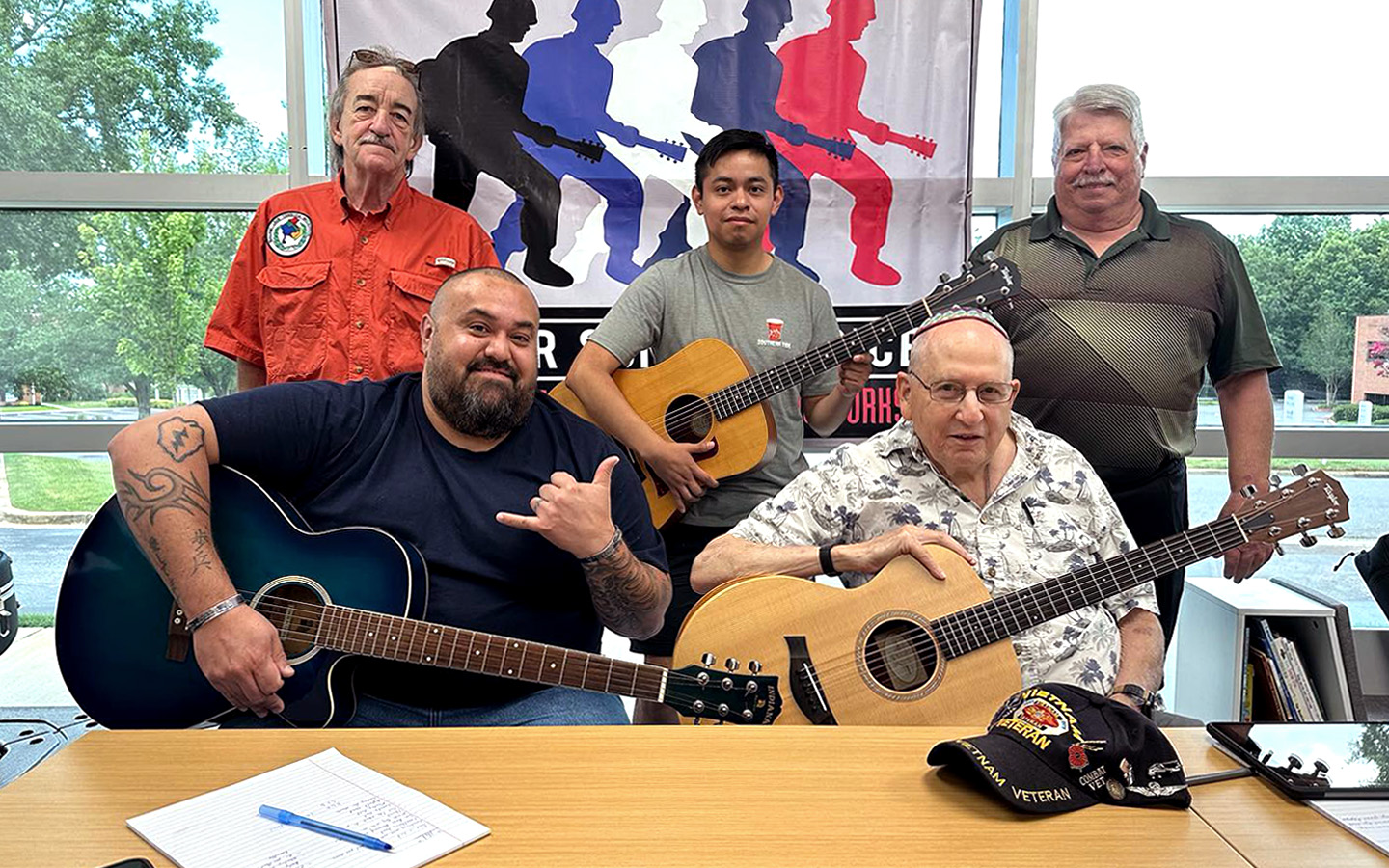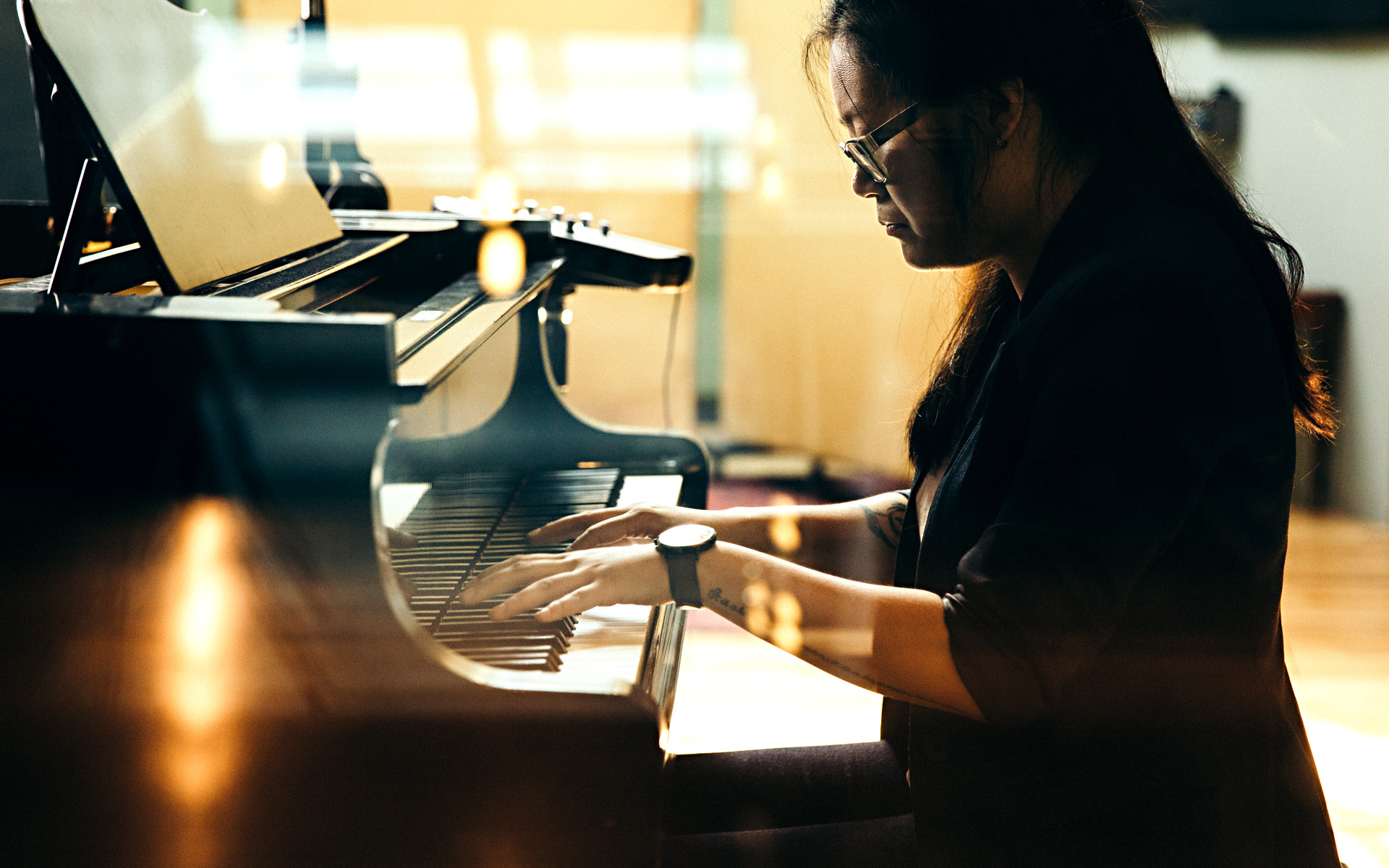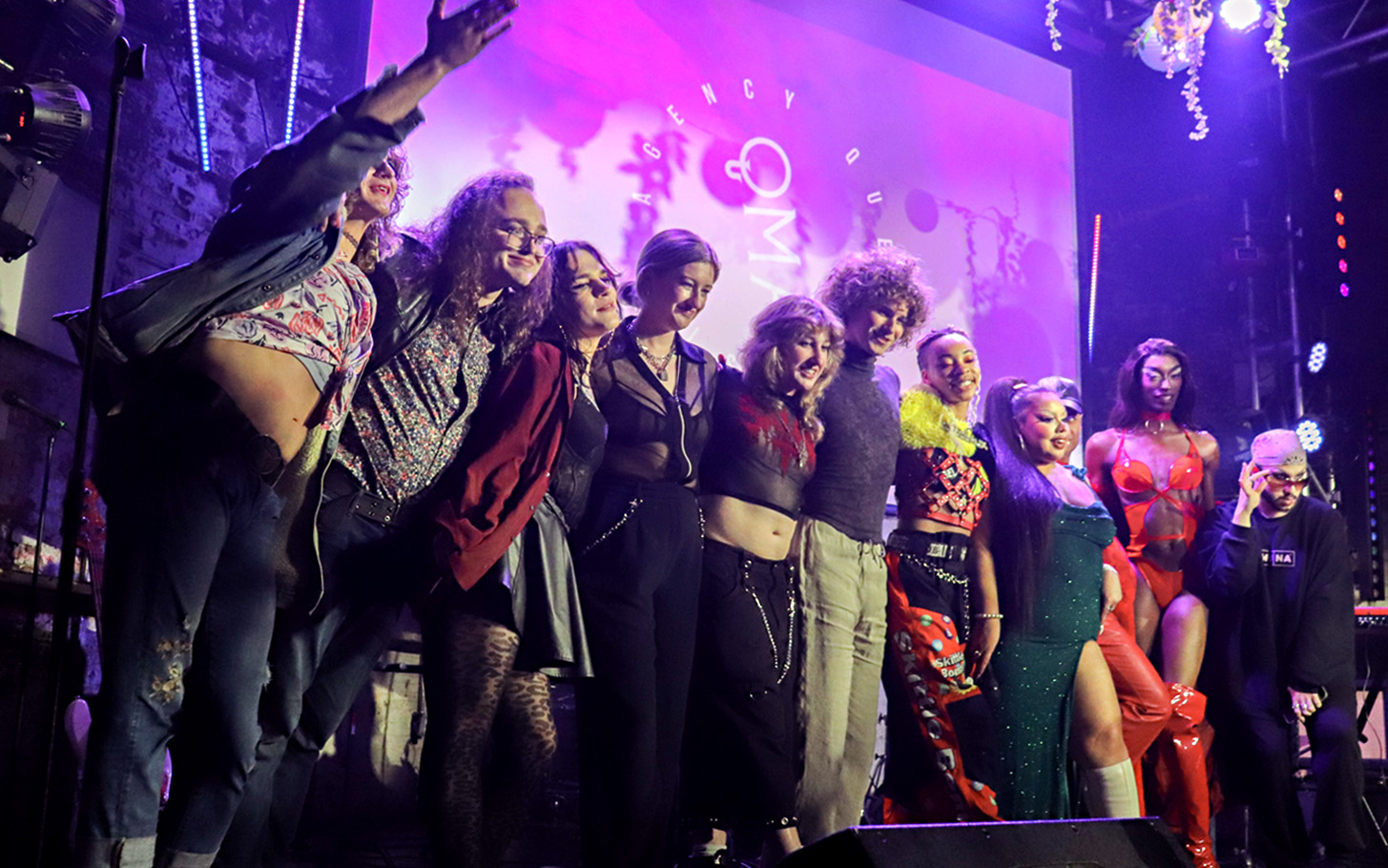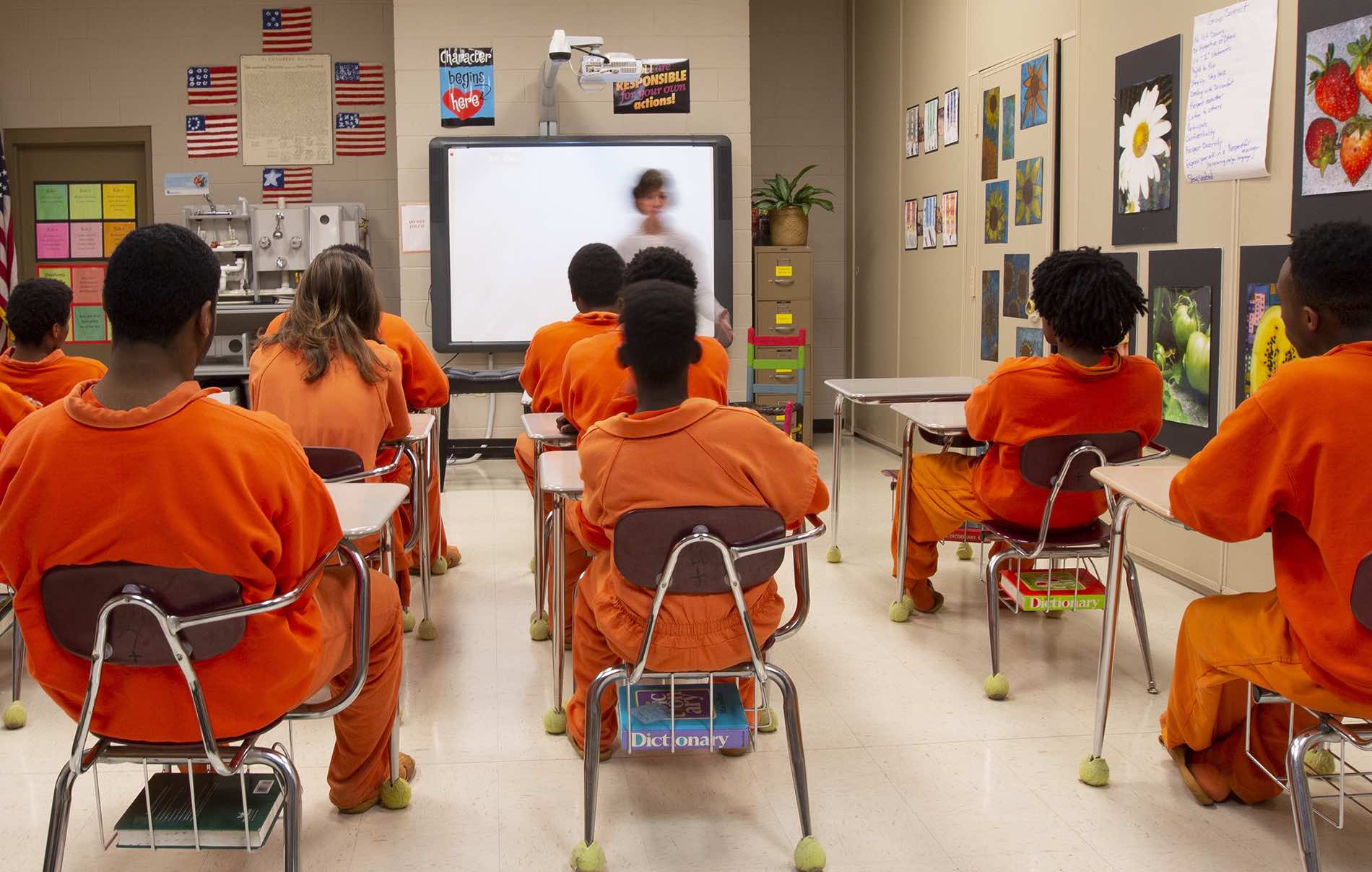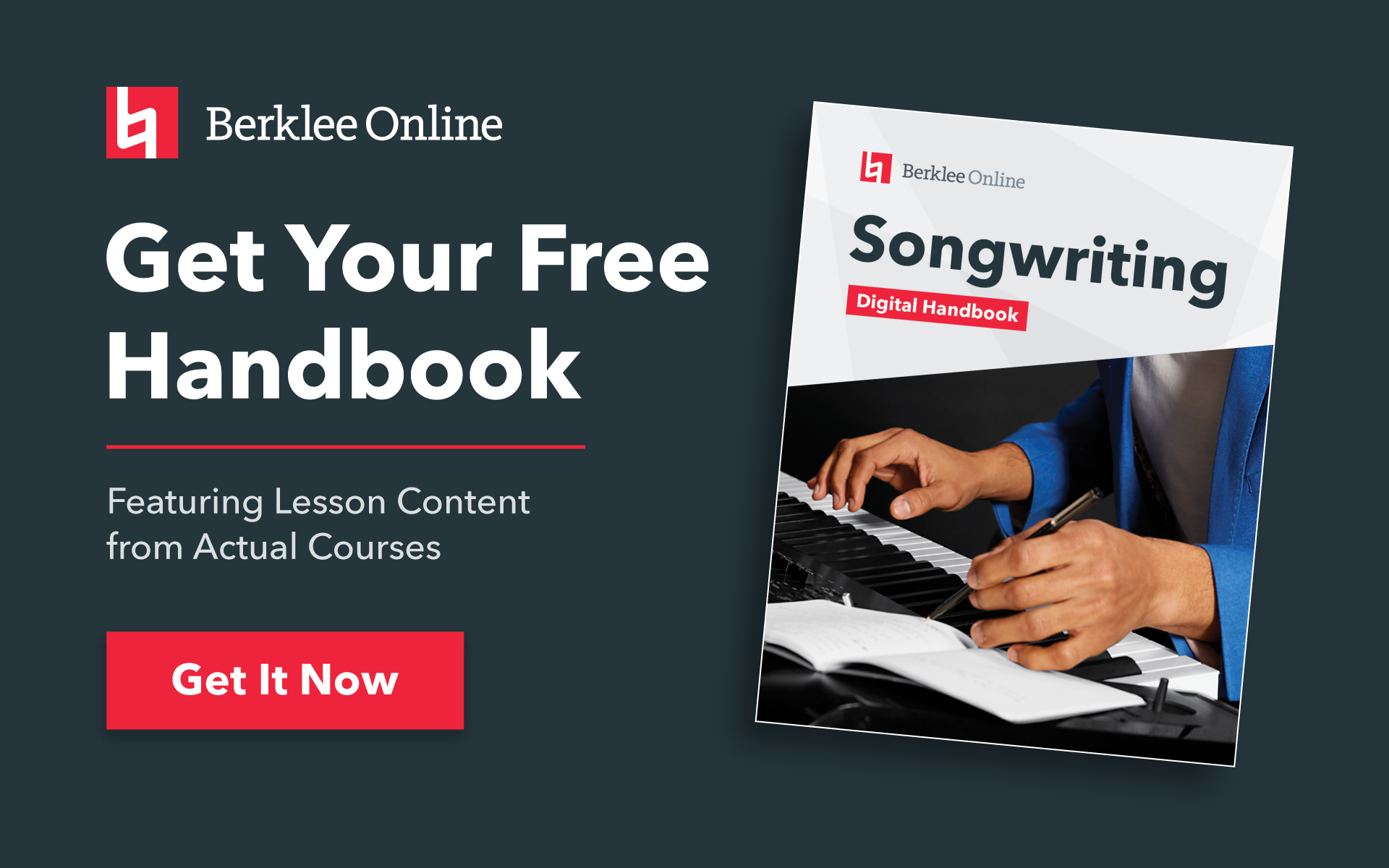There are a lot of reasons why finding a music collaborator is difficult. Maybe we don’t feel ready, don’t know how or where to find them, or even don’t like to collaborate in the first place. But great songs come faster and more frequently when we work together. As solo writers, it’s much more difficult to break out of our limited perspective to grow into creative spaces we don’t even know exist.
TAKE A SONGWRITING COURSE WITH ANDREA STOLPE
If you’ve never tried writing a song with another writer, it’s time to try it out. Even if all your collaborations up until this point have been characterized by awkwardness, unproductiveness, or even a power struggle, I urge you to keep trying. I, for one, have experienced all of these feelings at various times, but I find that a good rule of thumb is to start where it’s comfortable. Look within your circle of friends, songwriters, and musicians you already know and work with to pen some songs together.
If you’ve explored every avenue and are still a loner, try enrolling in a local community college course or extension course. Group guitar, songwriting, and voice lessons are all great places to find musicians with common interests and goals. These are great places to find a music collaborator.
Ask around for a referral to a private instrumental teacher who might also write songs. This is especially important if you are a lyricist in need of a strong instrumentalist to add that framework to your songwriting.
Locate a songwriting group in your area. NSAI, ASCAP, BMI, and many other local and regional groups have workshops and monthly meetings. Many of these organizations also have songwriting vacations or retreats.
Go out and listen to music you love at venues you feel comfortable in. Get to know your local scene and the artists who play it. Go to their shows, support them, and eventually you will be part of that scene and already making collaborative connections.
It’s a great idea to make short term goals you can achieve. I used to strive to meet two new writers a week, whether at a show, through another cowriting venture, in the studio, whatever. I’d keep track of the names and make sure I kept up with the people I really enjoyed being around.
For material in a co-writing session, I suggest being flexible enough to use song pieces you haven’t been able to finish on your own. If you’re a fast writer or feel more creative sparks flying when you’re in a room with a music collaborator, you might walk in with simply a concept or a title. But if you need to simmer awhile on your ideas before you settle on a direction, I recommend preparing some song pieces ahead of time so that you can feel you contributed to the session, and guided the session towards a creative result you’re happy with.
Before leaving the co-writing session, it’s always a good idea to agree on the song split percentages and publishing rights. I recommend making your own song split sheet including the names of both writers, publisher name and address, and percentage of ownership when it comes to publisher’s and writer’s share. Usually, an even split is appropriate unless other elements are at play.
No success in music happens alone. If you are limited in the time you spend making your art, keep in mind that even cowrites that don’t result in great songs are part of the learning curve. When we observe others writing with a process different from our own, we expand our available tools.
Eventually, this fine tunes our ability to “see” what is really working in our own songs, and repeat those successes with more consistency.
Collaborating with others is also a necessary part of networking. We may not write the best songs we’ve ever written with most of the music collaborators we meet, but those people may be integral in getting our music heard in the future.
Happy writing and collaborating,
Andrea
STUDY SONGWRITING WITH BERKLEE ONLINE

